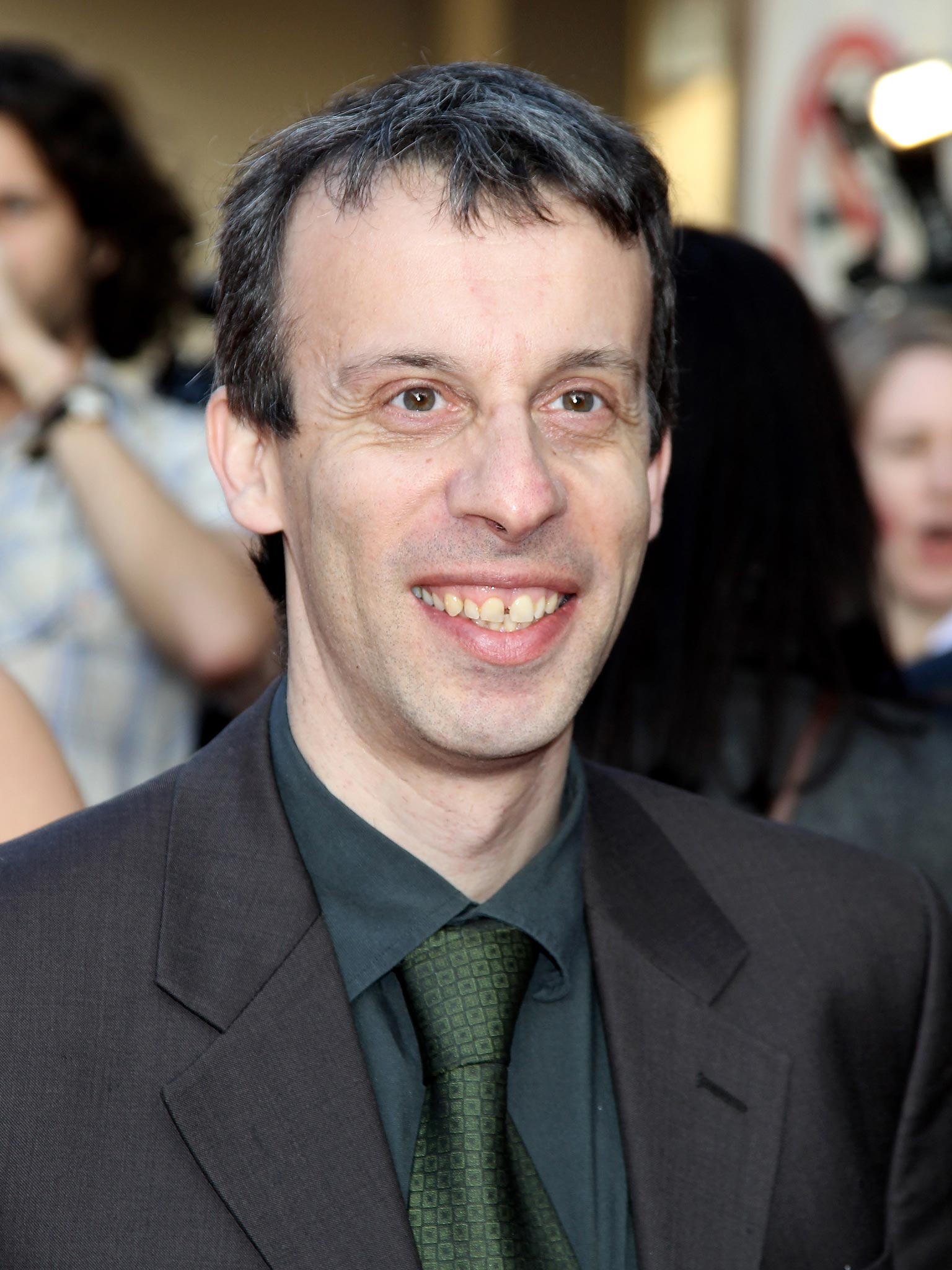
Your support helps us to tell the story
From reproductive rights to climate change to Big Tech, The Independent is on the ground when the story is developing. Whether it's investigating the financials of Elon Musk's pro-Trump PAC or producing our latest documentary, 'The A Word', which shines a light on the American women fighting for reproductive rights, we know how important it is to parse out the facts from the messaging.
At such a critical moment in US history, we need reporters on the ground. Your donation allows us to keep sending journalists to speak to both sides of the story.
The Independent is trusted by Americans across the entire political spectrum. And unlike many other quality news outlets, we choose not to lock Americans out of our reporting and analysis with paywalls. We believe quality journalism should be available to everyone, paid for by those who can afford it.
Your support makes all the difference.Schlepp, nosh, mishmash, chutzpah, schmooze, bagel, klutz, maven, schmaltz: all words that have made their way into English from Yiddish.
Writing my play Making Stalin Laugh, about the Moscow Yiddish Theatre, brought me back into contact with this wonderful language, so here are a few choice words and phrases.
Shlemihl and Shlimazl: as Eskimos have many different words for snow, Yiddish has many for fool. Thus, a shlemihl is someone who drops soup in a shlimazl’s lap.
Brenen zolstu – on strakhovne!: The perfect two-part Yiddish insult: “May you burn – without insurance!” Because just being burnt alone isn’t enough.
Az di bobe volt gehat a bord, volt zi geven a zeyde: “If granny had had a beard, she’d have been granddad”. A reminder not to obsess about what might have been.
A likhtikn ganeydn zol er hobn: “May he enjoy a sweet paradise” – said of a beloved deceased. Or, with typical Yiddish irony, of someone you’d like to depart this world as soon as possible.
Shmekldeker: proof that Yiddish has moved with the times. From shmekl, the diminutive of shmuk (penis), and deker (a cover), this is some Yiddish speakers’ term for “condom”. See also the collective term: shmekldekeray, “a cock-up”.
‘Making Stalin Laugh’, JW3, London NW3, 15 June to 9 July (020-7433 8988; www.jw3.org.uk)
Join our commenting forum
Join thought-provoking conversations, follow other Independent readers and see their replies
Comments